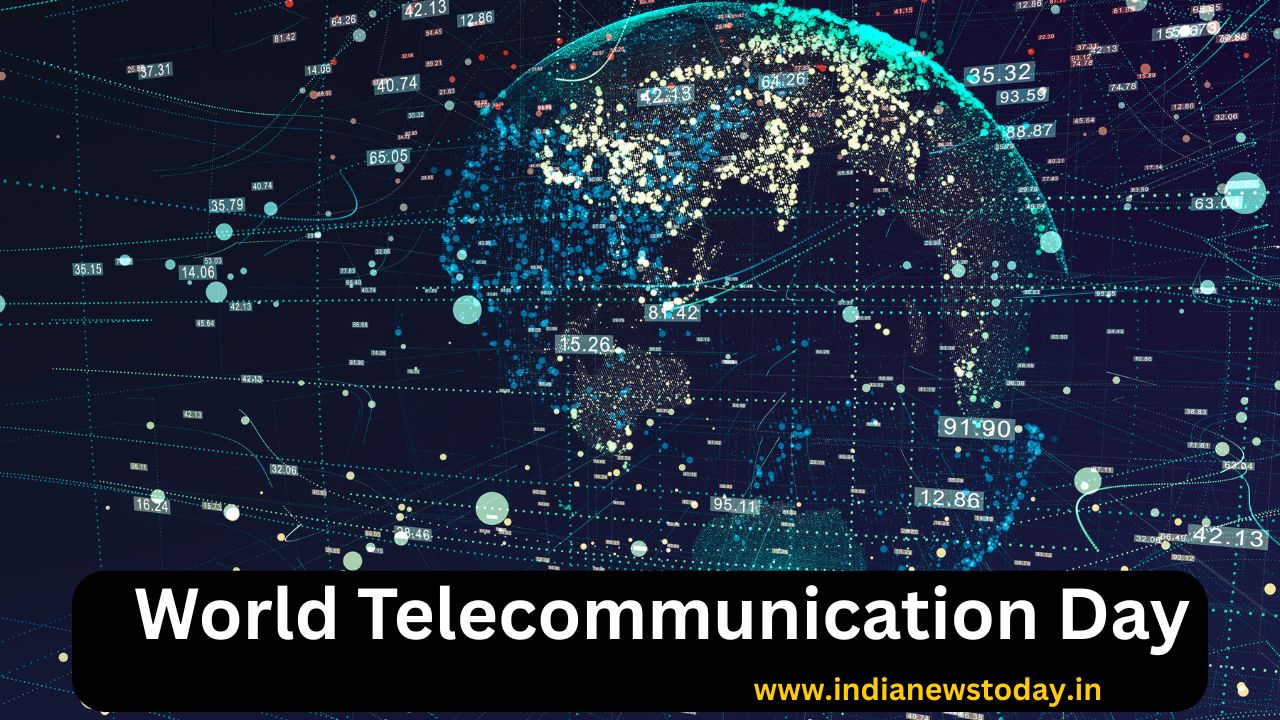World Telecommunication and Information Society Day 2025: Advancing Gender Equality in Digital Transformation
World Telecommunication and Information Society Day 2025: Every year on May 17, the global community observes World Telecommunication and Information Society Day (WTISD) to highlight the pivotal role of information and communication technologies (ICTs) in shaping societies and economies. In 2025, the theme is “Why Gender Equality in Digital Transformation Matters,” emphasizing the need to bridge the digital gender divide and ensure inclusive digital progress.
Understanding the Significance of WTISD
Established in 1969, WTISD commemorates the founding of the International Telecommunication Union (ITU) and the signing of the first International Telegraph Convention in 1865. The day aims to raise awareness about the possibilities that the use of the Internet and other ICTs can bring to societies and economies, as well as ways to bridge the digital divide.
Theme for 2025: Why Gender Equality in Digital Transformation Matters
The 2025 theme underscores the importance of integrating gender perspectives into digital policies and initiatives. As the world marks 30 years since the Beijing Platform for Action, WTISD-25 serves as a critical moment to accelerate collective action ensuring that digital transformation delivers opportunities for everyone, everywhere.
Historical Context: The Evolution of WTISD
Originally known as World Telecommunication Day, the observance was expanded in 2006 to include the broader aspects of the information society, becoming World Telecommunication and Information Society Day. This change reflected the growing importance of ICTs in all aspects of society.
The Role of ICTs in Promoting Gender Equality
ICTs have the potential to empower women and girls by providing access to information, education, and economic opportunities. However, disparities in access and digital literacy persist. Addressing these challenges involves:
- Enhancing digital skills among women and girls.
- Promoting female participation in STEM fields.
- Ensuring equal access to digital tools and resources.
- Implementing policies that address gender biases in technology. Global Initiatives and Events
WTISD is marked by various events worldwide, including:
- Conferences and seminars focusing on digital inclusion.
- Workshops aimed at enhancing digital literacy.
- Campaigns to raise awareness about the digital gender divide
These activities aim to foster a more inclusive digital environment.
Conclusion
World Telecommunication and Information Society Day 2025 serves as a reminder of the importance of ensuring that digital transformation benefits all members of society equally. By focusing on gender equality, we can create a more inclusive and equitable digital future.
FAQs:
- What is World Telecommunication and Information Society Day (WTISD)?
World Telecommunication and Information Society Day is an annual observance held on May 17 to highlight the importance of information and communication technologies (ICTs) in our lives and promote awareness about reducing the digital divide across the world.
- When is WTISD 2025 celebrated?
In 2025, WTISD will be celebrated on Saturday, May 17. The date commemorates the founding of the International Telecommunication Union (ITU) in 1865.
- What is the theme for WTISD 2025?
The theme for World Telecommunication and Information Society Day 2025 is “Why Gender Equality in Digital Transformation Matters”, focusing on the need to close the digital gender gap and ensure equal participation in the digital revolution.
- Why is gender equality important in digital transformation?
Promoting gender equality in digital spaces ensures that women and girls have equal access to education, economic opportunities, and participation in shaping the future of technology. Inclusive digital policies foster innovation and fair development.
- What is the role of the International Telecommunication Union (ITU)?
The ITU is a specialized agency of the United Nations responsible for coordinating global telecom operations and services. It helps countries expand access to ICTs and works toward universal digital inclusion.
- How can ICTs help in women’s empowerment?
ICTs enable remote learning, entrepreneurship, digital banking, health services, and social connections, which can empower women in underserved areas by giving them tools to thrive independently.
- What are some challenges in achieving digital gender equality?
Common challenges include limited internet access, low digital literacy among women, social and cultural barriers, and lack of representation in STEM fields and tech leadership roles.
- What events take place on WTISD?
Events include seminars, panel discussions, educational webinars, policy workshops, and social media campaigns to spread awareness about ICT access and gender-inclusive innovation.
- How can individuals contribute to bridging the digital gender divide?
People can support digital literacy programs, encourage girls in tech education, volunteer with NGOs, and advocate for inclusive tech policies at workplaces and schools.
- How is WTISD relevant to a common citizen?
WTISD promotes awareness about the role of technology in improving daily life. Whether it’s online banking, e-learning, or remote jobs, ICTs affect everyone. It also encourages responsible and inclusive digital behavior in society.
image sources
- World Telecommunication Day: © https://indianewstoday.in
